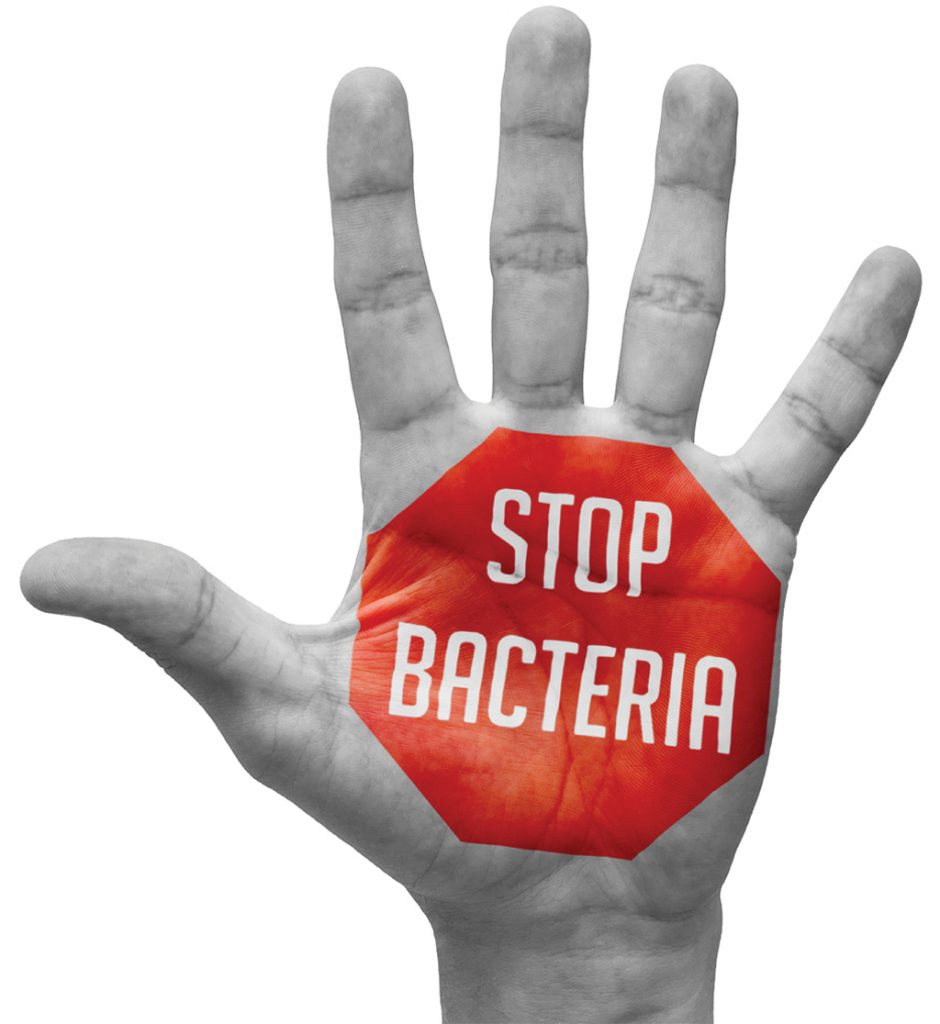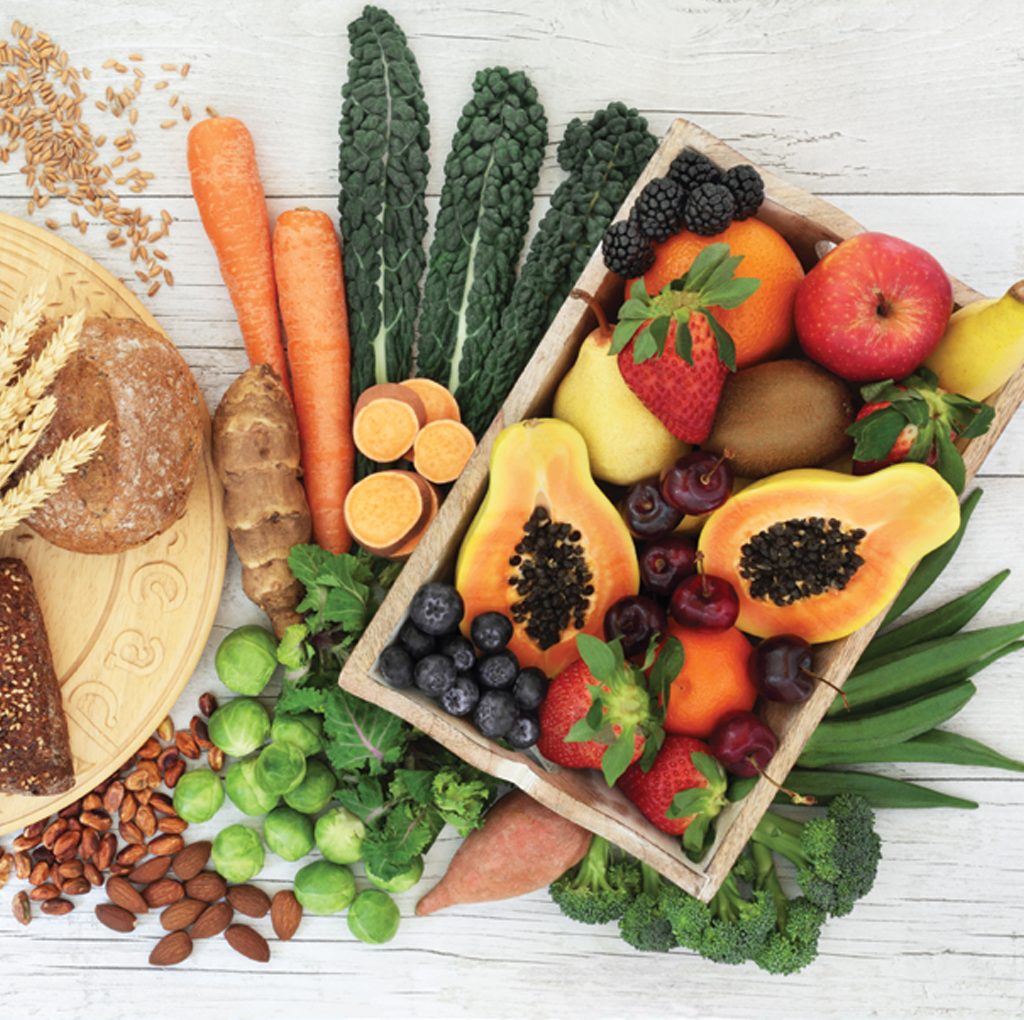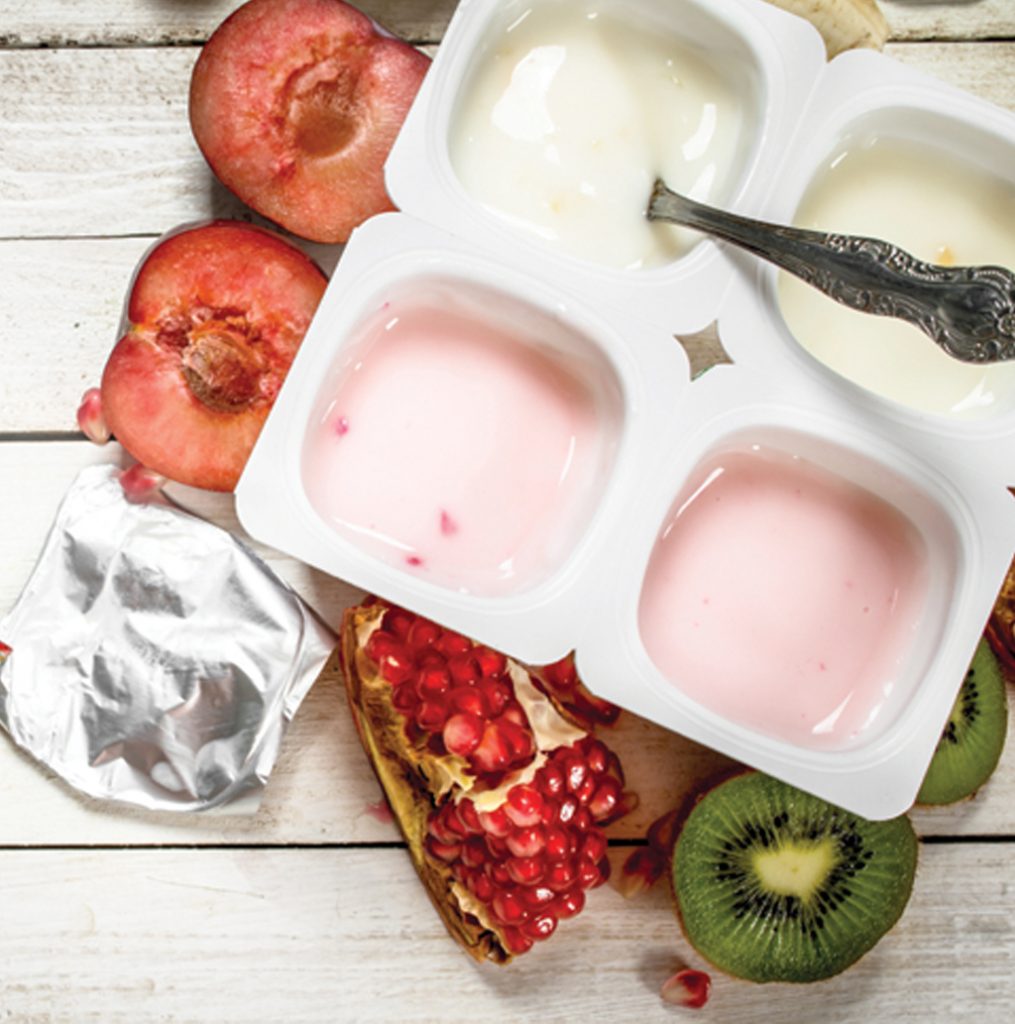BEING CLEAN IS NOT ALL IT’S CRACKED UP TO BE — THE HUMAN BODY ACTUALLY REQUIRES MANY TYPES OF BACTERIA TO FUNCTION WELL.

Cleanliness is next to godliness — unless it kills you first! This may sound like a fallacy to germaphobes, but there is such a thing as being too clean.
Professor Hugo Van Bever, a Senior Consultant in the Division of Paediatric Allergy, Immunology & Rheumatology at National University Hospital, calls it “overprotection” and “overconsumption of medication”. “We now know that germs, not viruses, are important in maintaining or training of immune functions,” he reveals. “Basic hygiene is important, but there is no need to equip the child with all kinds of antiseptic medication.”
According to Dr Brett Finlay from the University of British Columbia and the author of LetThem Eat Dirt, our obsession with killing bacteria could have a negative impact on future generations and lower their immunity. While he agrees that good hygiene has kept infectious diseases at bay, he believes some bacteria are necessary. “I would say we’re suffering from a hygiene hangover. We have cleaned the world up too much,” he asserts. “We have to rethink this absolute war on all microbes — kill them all, carpet-bomb them — I think that’s wrong.” He adds that living in an extremely clean environment is not how we have evolved as a species.
DIRTY BY NATURE
Humans are naturally dirty creatures. At any one time, we are landlords to 100 trillion bacteria — we have more bacteria living on and within our bodies than we have cells; in fact, there are more than 200 different species residing on our skin alone!
While you may develop the urge to buy a bottle of hand sanitiser from that information, remember the majority of the bacteria we host are good and — more importantly — necessary. Bacteria in the digestive system help break down foods, such as sugar
Bacteria in the digestive system also provide our primary source of vitamins like biotin and vitamin K, and help maintain the acidity level in the stomach. Our microbial tenants also function as guard dogs against their less congenial relatives and other harmful microorganisms, working together with the immune system to protect the body against diseases by secreting antibiotics.
“Good bacteria are essential for the good functioning of the immune system while viruses are still considered as pathogenic; that is, they induce disease,” says Prof Van Bever. “Although recent studies suggest — not proven — that there might be good viruses too, called the human virome, more research on this is needed.”

A SYMBIOTIC RELATIONSHIP
So, yes, we benefit from this symbiotic relationship with bacteria.
For instance, it has been theorised that a healthy level of a gut bacterium known as Helicobacter pylori, or H. pylori, may prevent us from developing asthma and other allergies. Up to 90% of children are born with these bacteria. However, a recent study found that only 10% of children in Western nations have it. This decline correlates with the rise of asthma in the West, with a reported increase of 50% between 2001 and 2011.
Martin Blaser, author of Missing Microbes: How theOveruse of Antibiotics is FuelingOur Modern Plagues, also observes how our aversion to bacteria is creating a microbially challenged generation susceptible to allergies unheard of in the past. He speculates the overuse of antibacterial agents — such as antibiotics, antiseptics and antibacterial gels — are killing off strains of necessary bacteria and leaving us vulnerable and hypersensitive. Prof Van Bever also warns against being too clean. “Abnormal immune responses can occur, as we need germs to train our immune system. These would be mainly immune responses that induce inflammation in the body, including allergy. Studies have shown that usage of soap is associated with eczema through skin barrier defects, and that consumption of antibiotics is associated with allergy.”
Less than 1% of bacteria can make you sick. Indiscriminate extermination of bacteria endangers the good ones necessary for a healthy immune system. A study from Sweden’s University of Gothenburg of over 1,000 children found those from homes that hand-washed their dishes were less likely to develop eczema by school-going age. This suggests exposure to microbes early in life may protect against allergies and asthma. So, if you’re wielding a bottle of hand sanitiser, put down your weapon and stop this mindless massacre — because allergies aren’t caused by bacteria but by the lack of them.
9 WAYS TO BE A GOOD (BACTERIA) HOST
1 Don’t develop a sweet tooth
Bad bacteria love sugar. A high-sugar diet allows these to thrive and outnumber the good bacteria, which can wreak havoc on your system.
2 Eat more fibre

Eating lots of green, leafy vegetables keeps your friendly gut bacteria busy and helps sustain a more varied collection of bacteria. Microbes starved of fibre may start feeding on the protective mucus lining of the gut, which could lead to inflammation and disease.
3 Don’t pop antibiotics
Antibiotics do not discern what they kill and will go after good bacteria beneficial to your health or those required to fight other infections. Overexposure to antibiotics may also lead to strains of drug-resistant bacteria.
4 Get a pet

Scientists have discovered that children who grow up in homes with a dog often have a lower risk of developing allergies and asthma because this exposes them to a more diverse microbial community.
5 Get dirty
Getting your hands dirty in the garden exposes you to different bacteria and will help boost your immune system. Gardening also helps you de-stress, which is great for your microbiome, as stress can deplete friendly flora.
6 Clean less
Well, not exactly. But you may want to swap the bleach for less toxic cleaners like vinegar, castile soap and lemon juice. You want a clean house, but also a healthy community of bacteria in your house to strengthen your immunity.
7 Get sweaty
Working up a sweat gets your microbiome all excited. Scientists from the University College Cork in Ireland studied the stools of 40 sedentary folks.
8 Eat old foods

We mean fermented foods such as unsweetened yoghurt, kimchi and kefir. These are probably the best probiotics to feed your gut as they introduce a broad variety of bacteria, some of which you may need.
9 Eat less meat
Studies show eating meat produces more of the microbe Bilophila, which has been found to cause inflammation and intestinal diseases. Compared to vegetarians and vegans, people who eat meat also have more of a chemical supposedly associated with heart disease.







